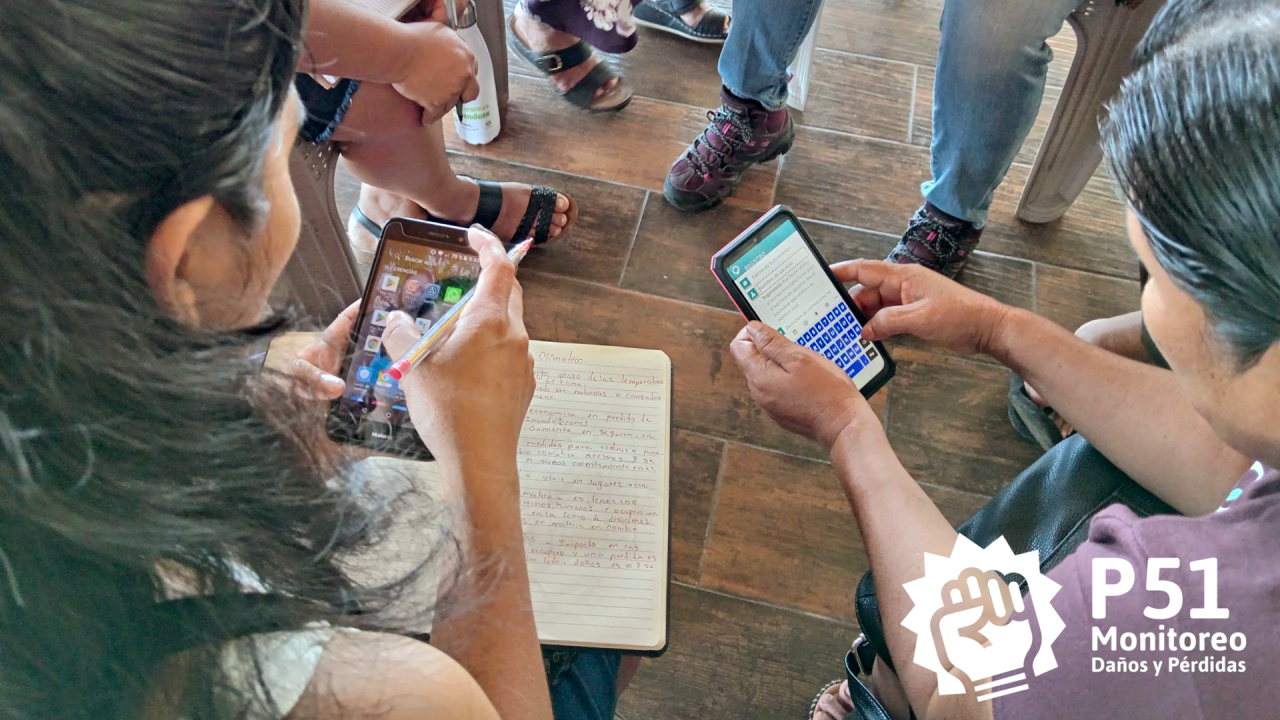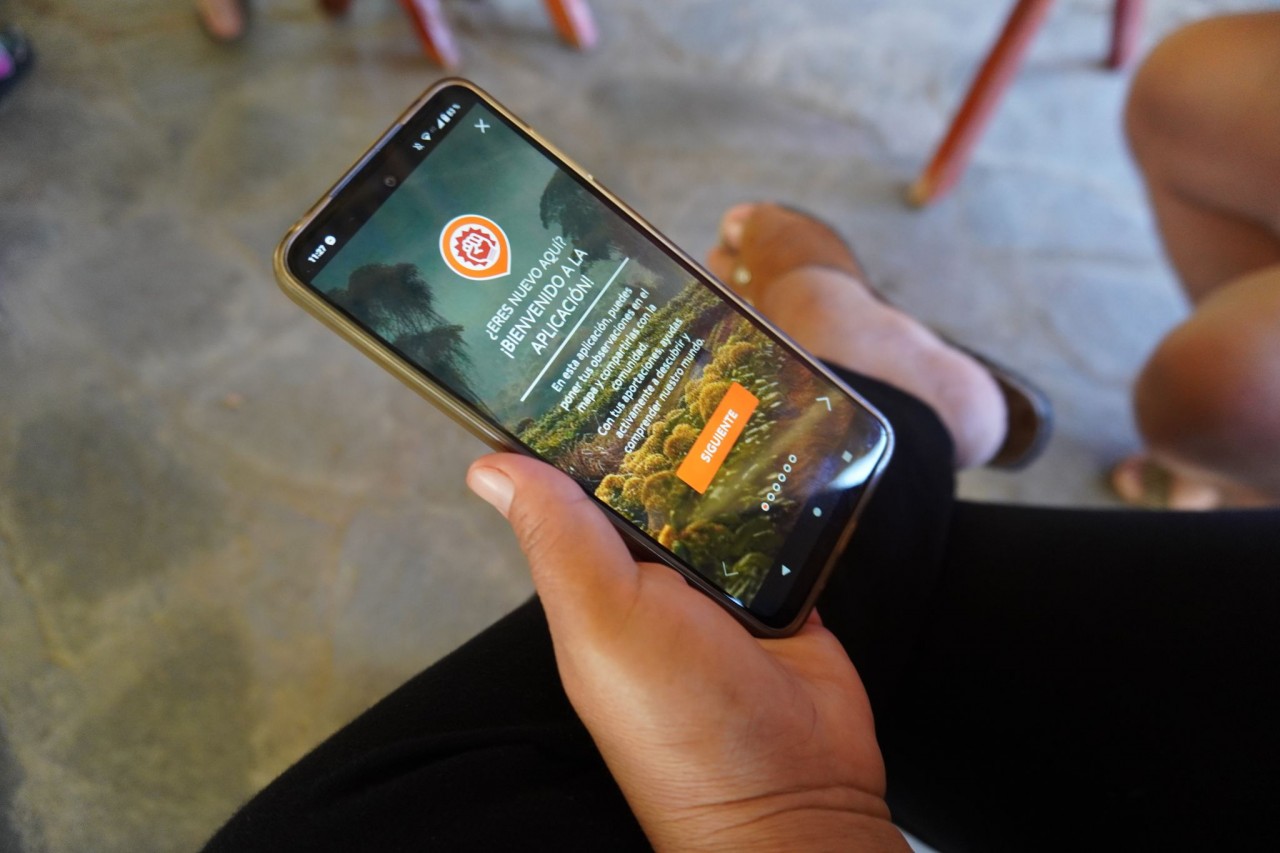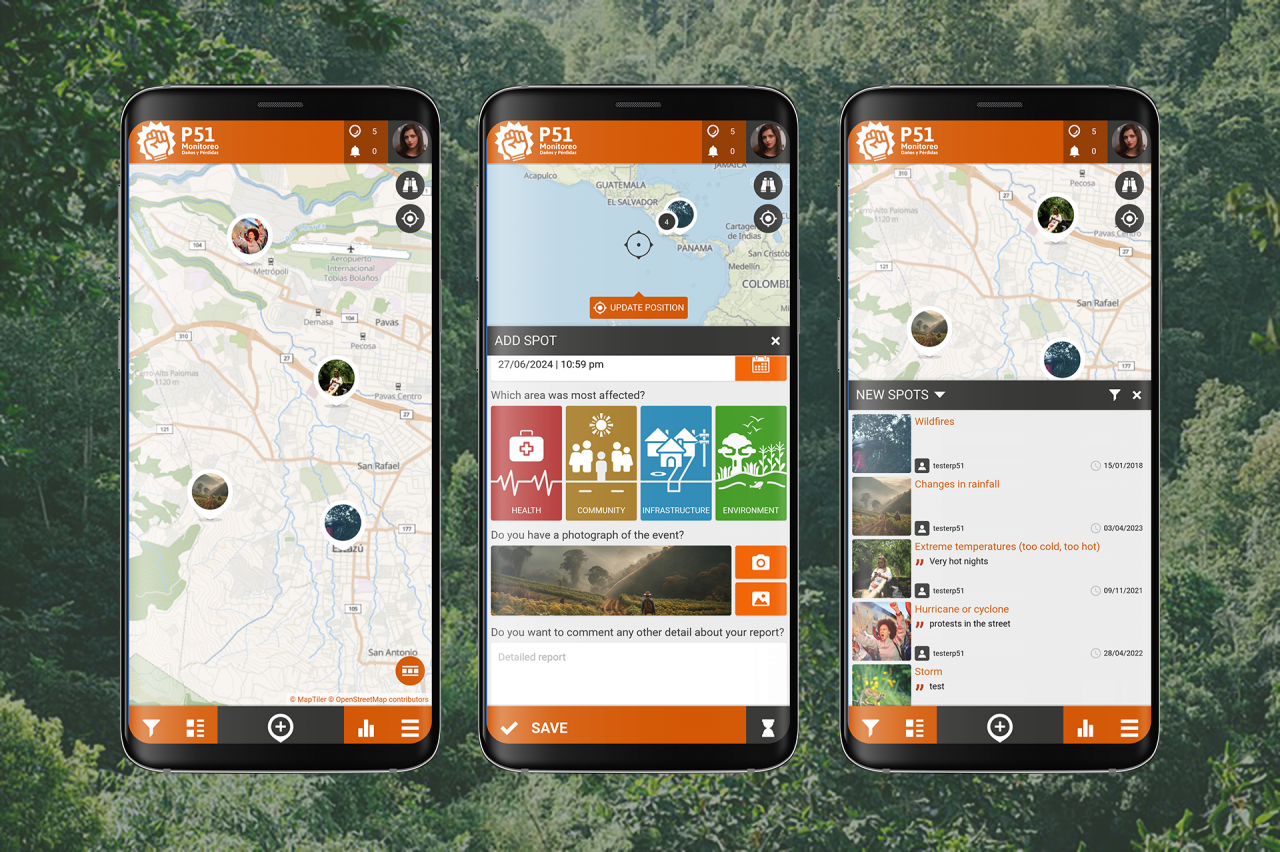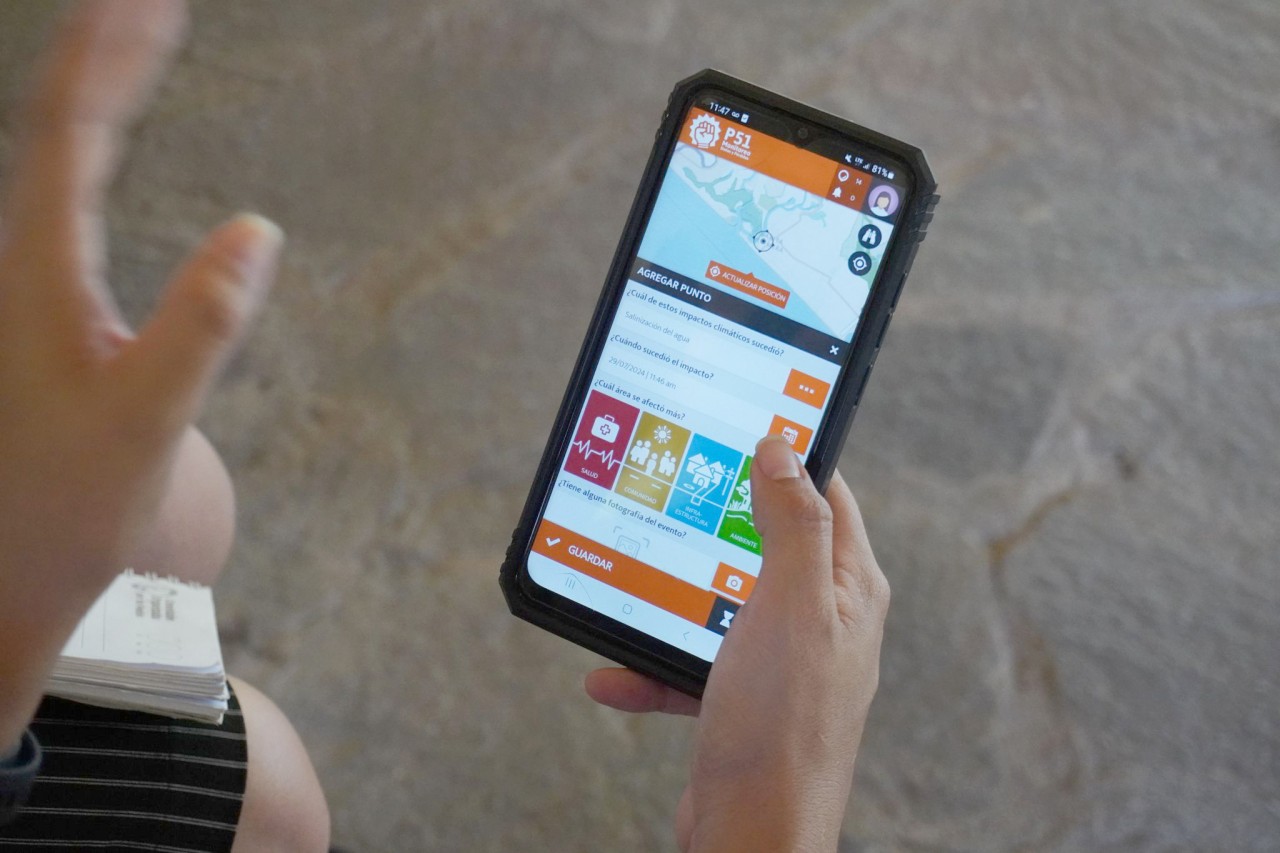Understanding Climate Crisis Through Citizen Science: The P51 Project in Costa Rica
The climate crisis is undeniably reshaping our world, with its impacts becoming increasingly evident across various aspects of life. From record-breaking temperatures and shifting habitats to declining biodiversity and changes in infrastructure and politics, the effects of climate change are both vast and complex.
Many of us can easily perceive warmer temperatures, altered weather patterns, and changes in wildlife, such as fewer native species or the appearance of new ones. However, subtle shifts in our environments often go unnoticed or are not fully understood - by citizens and scientists. Ignoring or denial of these effects leads to a sense of powerlessness, which in turn results in inaction. (More on the issue of powerlessness in climate politics can be found in our blog about the Featuring Future Conference.)
How Citizen Science and Citizen Action Raise Awareness of the Effects of the Climate Crisis
Scientists have long been predicting changes, using a variety of measurements and models to forecast what lies ahead. But what does the climate crisis look like in the daily lives of people? How do these changes manifest in the experiences of those working the land, fishing in warmer waters, or living in increasingly urbanized cities? Where and how do we see the climate crisis unfolding around us? Due to the lack of information and coverage, the negative repercussions in the daily lives of people remain invisible in decision-making spaces.
With increased awareness and perception of environmental changes, citizens can be empowered to address the challenges around them actively. This heightened understanding can lead to greater acceptance of necessary political actions. Additionally, as more people become aware of the issues, there is greater pressure on policymakers to take meaningful and effective climate politics - worldwide.
P51 - A Citizen Action App for Climate Action in Costa Rica
Together with SPOTTERON, the La Ruta del Clima project has developed the P51 application, a specialized Citizen Action App designed for climate action.
The primary objective of this initiative is to enable local communities in Costa Rica to document and share data on the effects of climate change from their perspectives. Particularly in Costa Rica, communities are confronted with significant and enormous challenges, including climate migration and much more.
By monitoring their perceptions of the crisis, the App provides a unique opportunity to record how their lives are intertwined with the ongoing environmental shifts. The application addresses various critical issues, including changes in infrastructure, climate migration, impacts on human rights, and the loss of biodiversity and habitats. These observations can lead to a deeper understanding of the changes and challenges that may occur.
The P51 project is compelling, as it integrates Citizen Science, Citizen Action, and Social Science. We are keenly anticipating the forthcoming observations and developments within the P51 App and the comprehensive picture that will emerge from the communities' observations in Costa Rica.
Related Posts
By accepting you will be accessing a service provided by a third-party external to https://www.spotteron.net/







